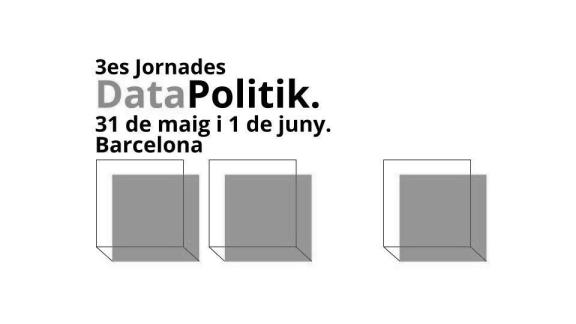
PCNet23 - Political Communication Networks
The PCNet23 satellite workshop will be held in Vienna on July, 2023. The aim of the PCNet satellite is to provide a forum where qualitative and quantitative methods in political communication studies can interact and mutually cross-fertilize. Network science serves as a common ground, both theoretically and methodologically, for a transdisciplinary dialogue between complementary traditions.
Traditionally, news media served as an interface between citizens and politics, eventually influencing the political behavior together with the context and social networks embeddedness. In the information age, both politics and communication are transformed. The popularity of online social platforms has increased the number of actors affected to spread political, commercial and other messages to a massive number of potential recipients. In this workshop we want to explore and characterize such phenomena through the lens of network theory and its applications.
In the context of the seminar, Marta Cambronero Garbajosa presents 'Observing anti-hate speech tactics on Twitter through Social Network Analysis and Critical Discourse Analysis,' two case studies on Twitter regarding hate speech, freedom of expression, and contentious politics.
The potential quick spread of hate speech in the current digitalized and converged public sphere is a key threat to democracy. However, there is a lack of studies that focus on understanding the gatekeeping mechanisms present in the public sphere aimed to curb the spread of hate speech. While some hate episodes do not reach audiences beyond the far-right public, some others do; and, when this happens, public social actors have a chance to challenge them. Marta analyzes cases of contentious media events in Spain where hate speech emerged online. In those, not only do far-right supporters spread hate speech, but human rights defenders also do it in their own way for the benefit of their tactics. In the first case, they condemned direct hate speech against a woman at the cost of reproducing symbolic racism against an immigrant. In the second case, they proactively exposed a reframed piece of hate speech with the objective of publicly shaming its author. One of the conclusions is that wide societal learning on how to collectively intervene in hate speech complex affective “powers” might be an alternative to excessively restrictive policies on freedom of expression.
Más información
Programa
Consulta el programa completo aquí.




